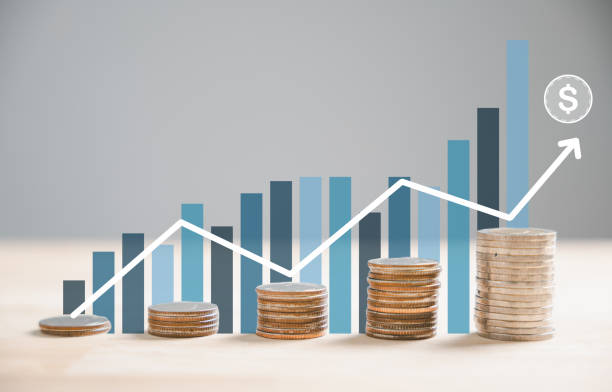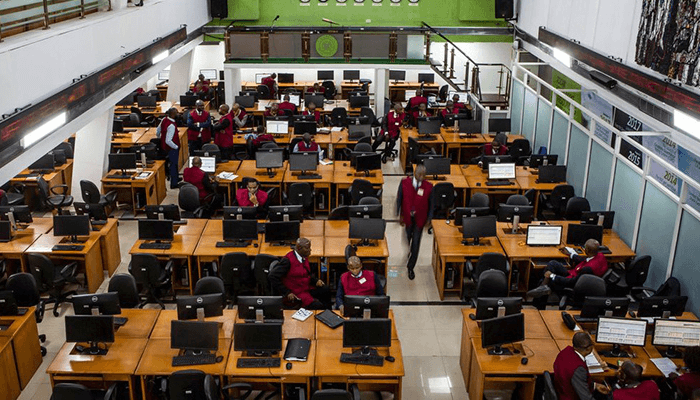In the third quarter of 2023, Nigeria’s total public debt witnessed a marginal increase of 0.61 per cent, reaching N87.91 trillion, as reported by the Debt Management Office (DMO).
This slight uptick from the previous quarter’s N87.38 trillion was predominantly driven by shifts in both external and domestic debt figures.
Join our WhatsApp ChannelAccording to the DMO’s debt stock data released on Wednesday, the total external debt stood at N31.98 trillion, while the domestic debt amounted to N55.93 trillion during the reported period.
READ ALSO: Nigeria Raises N7.043 Trillion Domestic Borrowing For 2023- DMO
The office highlighted specific factors contributing to this fluctuation, emphasizing a noteworthy decline in external debt alongside a moderated rise in domestic debt.
Explaining this trend, the DMO stated, “The decrease in external debt from $43.16 billion as of June 30, 2023, to $41.59 billion as of September 30, 2023, was a result of the redemption of a $500 million Eurobond and the initial payment of $413.859 million as part of the $3.4 billion loan acquired from the International Monetary Fund during the Covid-19 crisis in 2020.”
The office further stressed that this reduction in external debt showcases deliberate financial strategies, including proactive bond redemptions and loan repayments.
Such actions demonstrate the Federal Government’s commitment to managing and honoring its debt obligations.
In a statement, an official from the DMO remarked, “The servicing of these debts denotes a clear demonstration of the Federal Government’s commitment to honour its debt obligations.”
Financial experts believe that Nigeria’s approach in balancing its external and domestic debt reflects a strategic move towards optimizing debt management while ensuring sustainable fiscal policies amid economic fluctuations and global uncertainties.
Emmanuel Ochayi is a journalist. He is a graduate of the University of Lagos, School of first choice and the nations pride. Emmanuel is keen on exploring writing angles in different areas, including Business, climate change, politics, Education, and others.


















Follow Us